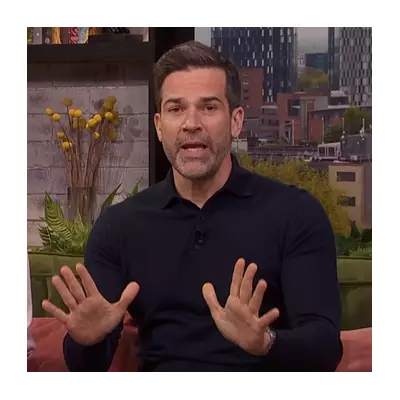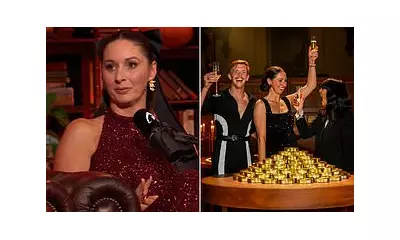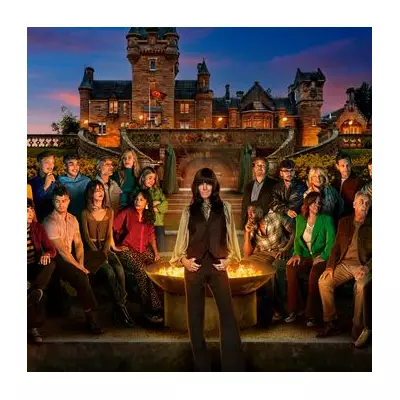
Ellie Goldstein, the trailblazing model with Down's syndrome, has made television history by becoming the first contestant with the condition to grace the dance floor on Strictly Come Dancing. The 22-year-old, who has already broken barriers in the fashion industry, wowed audiences with her vibrant performance during the show's launch episode.
A Groundbreaking Moment for Representation
Goldstein's appearance marks a significant step forward for disability representation on mainstream entertainment. Her participation in the BBC's flagship dance competition sends a powerful message about inclusivity in the arts.
The Essex-born star danced alongside professional dancer Nikita Kuzmin to a specially adapted routine that showcased her infectious energy and charisma. Viewers took to social media to praise the segment, with many calling it the highlight of the season premiere.
From Catwalks to Dance Floors
Before her Strictly debut, Goldstein had already made waves as:
- The first model with Down's syndrome to front a Gucci beauty campaign
- An advocate for disability rights in fashion
- A motivational speaker challenging perceptions
Her transition to dance demonstrates her versatility as a performer and her determination to break down barriers in new creative fields.
The Power of Inclusive Programming
The BBC's decision to feature Goldstein reflects growing demand for authentic disability representation on screen. A spokesperson for the broadcaster stated: "Ellie's participation embodies our commitment to reflecting the diversity of our audience."
Disability charities have applauded the move, with one representative noting: "Seeing someone like Ellie in such a prominent role on Saturday night television does wonders for changing public perceptions."
As the Strictly season progresses, Goldstein's journey promises to inspire viewers and open doors for more performers with disabilities in mainstream entertainment.





